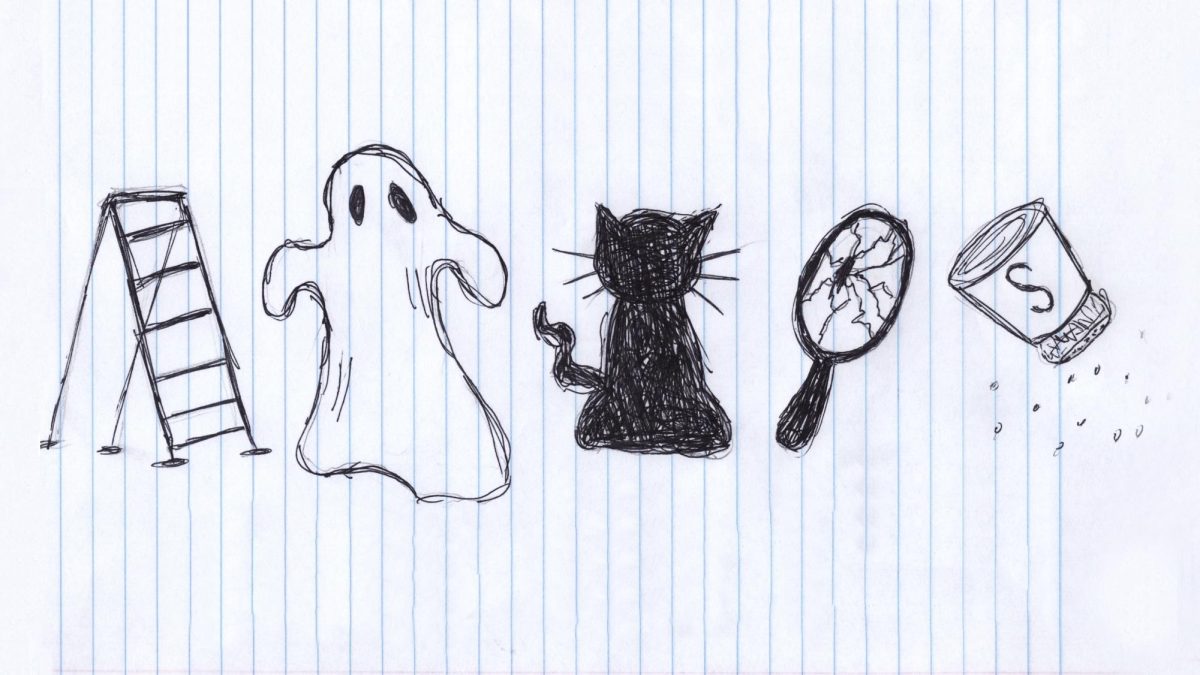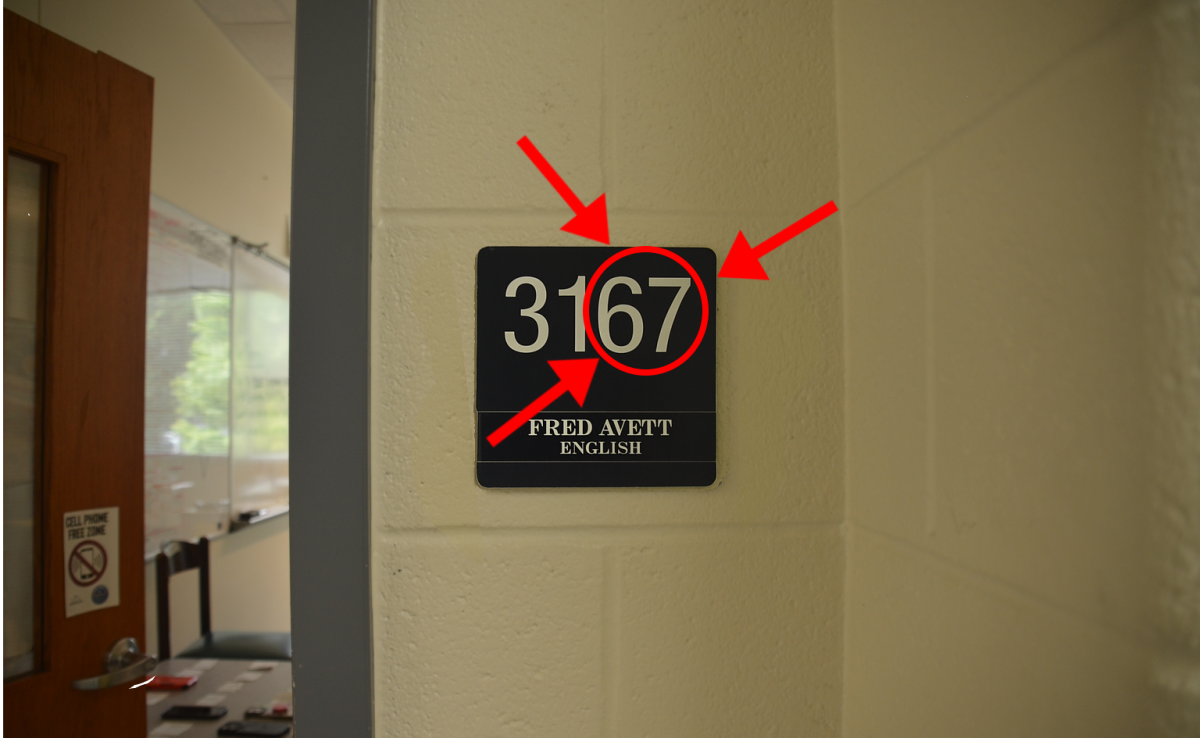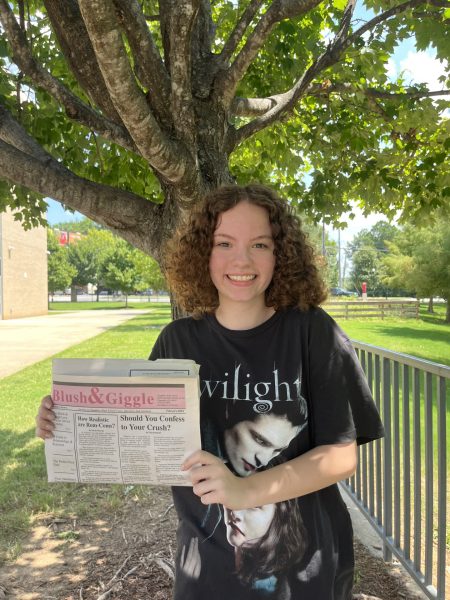Most people, especially Chamblee students, will take as much luck as they can get. If a person aced a test, chances are they will use the same pencil or wear the same socks for the next one. Similarly, many people tend to avoid bad luck as much as possible. This idea that bad or good luck comes as a result of a certain object or practice is a type of superstition. Merriam-Webster defines superstition as “a belief or practice resulting from ignorance, fear of the unknown, trust in magic or chance, or a false conception of causation.” Superstitions manifest in different ways, and for a variety of cultural, religious, or personal reasons.
Superstitions held by Chamblee staff and students range all across this spectrum. Some students, like Nadia Cho (‘24), have superstitious beliefs and practices formed out of fear of the supernatural.
“Every day before you sleep, you should cover your mirror or flip it around so that the spirits don’t get you at night,” said Cho. “I have a mirror that’s facing my bed, and every single day for the span of a year, I’ve covered it with a piece of fabric because I’m scared something will haunt my dreams.”
Some superstitions, like those of Joseph Rodriguez (‘24), aren’t based on any specific fear.
“I don’t like splitting the pole, [or walking on opposite sides of the pole or other obstacle], when I walk with other people,” said Rodriguez. “It’s just something I don’t like doing. I remember hearing about it [a few years ago]. It was something that just made sense to me, so I started doing it.”
Cho and Rodriguez admittedly have no apparent reasons for their practices, but some students’ superstitions are justified by their previous experiences.
“I have a superstition of the number 13,” said Mia Sandfort (‘24). “When I was at GHP [Governor’s Honors Program] over the summer, we did a scavenger hunt where we all got into groups [according to our majors]. As soon as I saw I was in group 13, I knew I was screwed. I was right. We got last place.”
Not all superstitions are founded in fear, however. Good luck charms are an inherently more positive kind of superstition, and they seem to be more common at Chamblee. Luna Rodriguez-Perez (‘24) has her share of superstitions, both positive and negative.
“I don’t pull out white hairs because they’re good luck,” said Rodriguez-Perez. “If you pull one out, more grow in, which is bad luck.”
Additionally, Rodriguez-Perez has a large assortment of good luck charms, including a three-legged pig figurine and a bullet.
“I don’t know [why they bring me good luck],” said Rodriguez-Perez. “They just do.”
Chamblee students and staff seem to share a similar sentiment to Rodriguez-Perez. No one really knows why people do certain things for the sake of luck. Jennifer Tinnell, long-time Chamblee U.S. History teacher and cross country coach who had superstitions of her own as a high school student and athlete, argues that not all superstitions are created equally.
“If there’s some habit that provides peace of mind and therefore [allows you to] relax and perform better, then I think that superstitions are great,” said Tinnell. “But, if this same item or habit causes you fear and anxiety if you don’t have it, that’s not good. It can’t go both ways. It can only go in one direction. Otherwise, it’s a fear that’s just unsubstantiated. Superstitions may be illogical, but fears make you do irrational things.”














